Why did Harry Potter never win any Oscars?
All eight films are available to stream on Netflix now
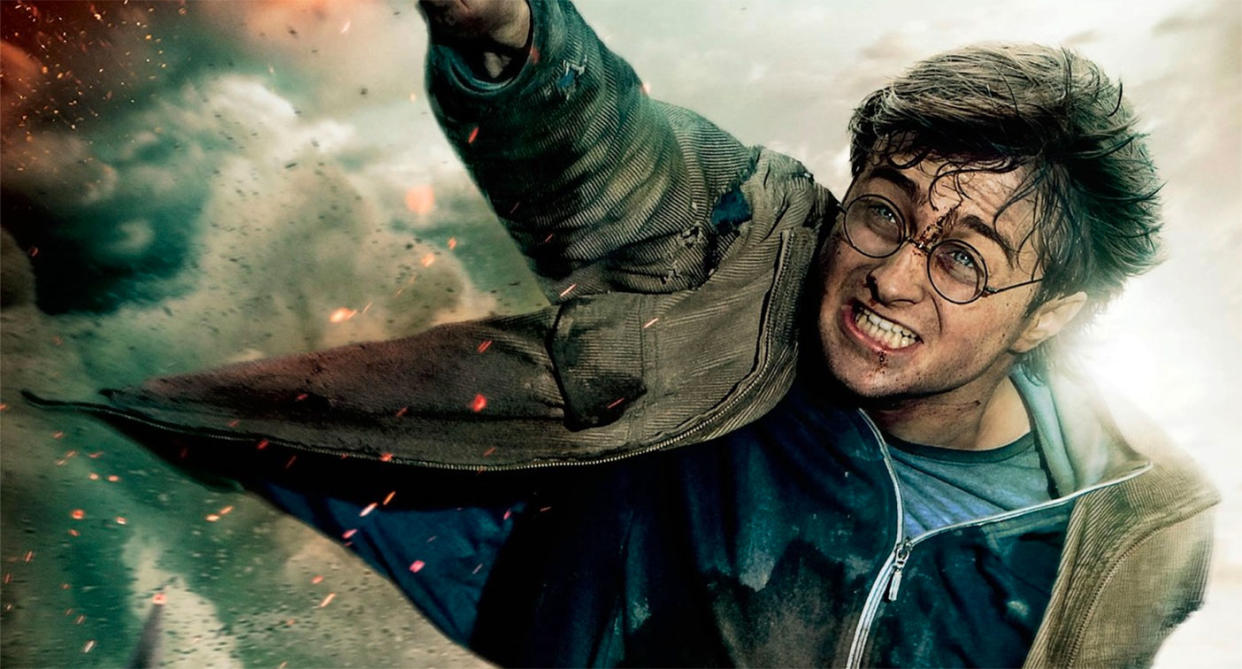
It’s the second-biggest film franchise of all-time and beloved by millions across the globe — and now available on Netflix — but although it was nominated for 12 Academy Awards across eight movies, the Harry Potter series never won one.
Thankfully, the Wizarding World was finally recognised by the Academy in 2017 when Fantastic Beasts and Where To Find Them broke the hoodoo, winning Best Costume Design for Colleen Atwood. The two sequels failed to garner any nominations between them.
Read more: Everything we know about the Harry Potter TV series
But why did its hugely successful predecessors get completely overlooked by the Oscars? We have some theories.
They’re for ‘kids’
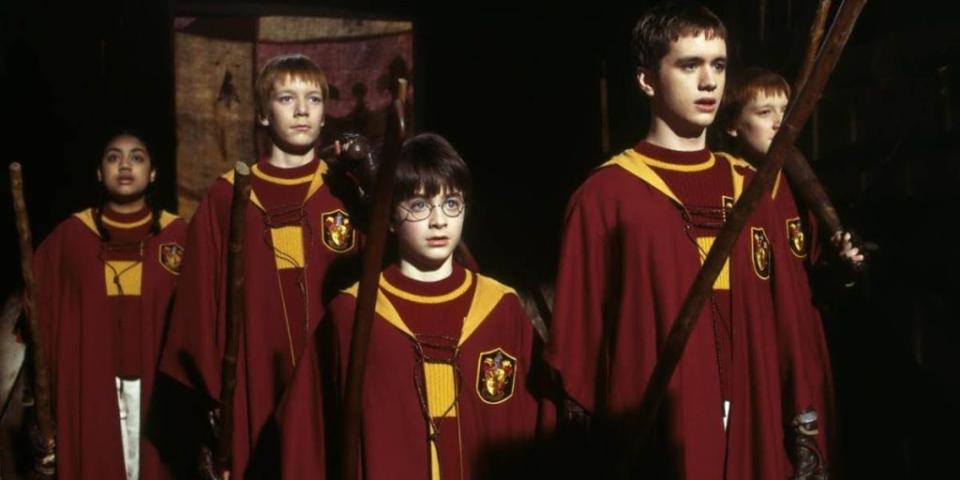
Despite the box office suggesting that many, many people over the age of 14 went to see the films, there was always a perception that it was a family series, not much different to a live-action cartoon.
And that’s true, to an extent. Although they got increasingly dark, the saga was what Hollywood call a “four quadrant” tentpole which on top of any adults was specifically aimed at getting younger children into the cinema.
Those kinds of movies have rarely fared well at the Academy Awards. They have a separate category for that fluffy kids’ stuff – Best Animated Feature – right?
It’s a problem which likely afflicted Star Wars: The Force Awakens in 2016 (ironic considering the first one won six Oscars back in 1978), while Lord of the Rings was perceived to have enough grown-up heft to make it more award-worthy.
The acting was never seen as valid
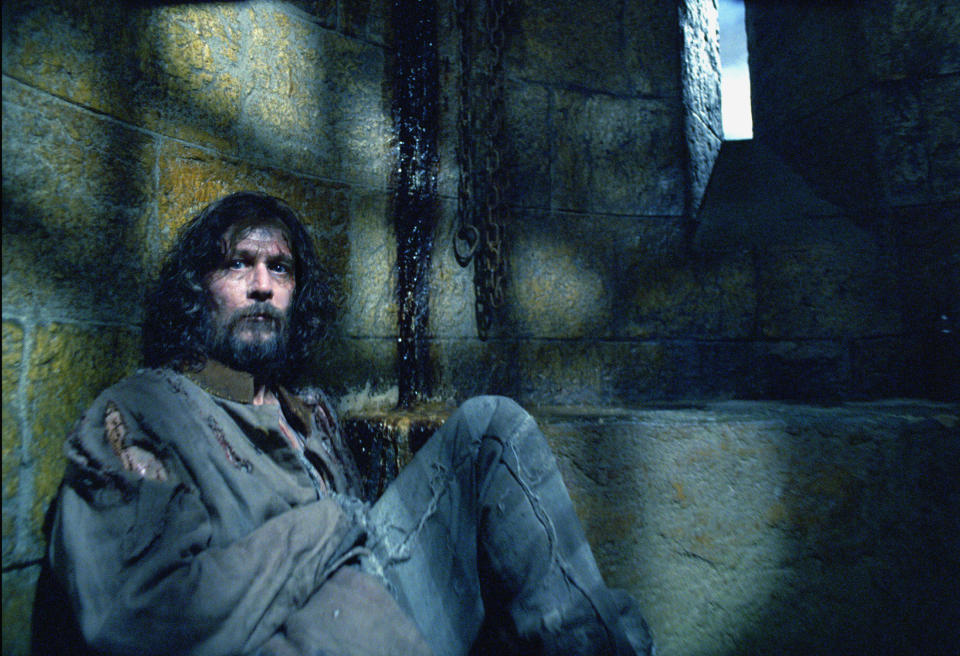
It’s staggering to look back on the franchise and see the amount of iconic (and award-winning) performers who’ve appeared in it.
Emma Thompson, Jim Broadbent, Maggie Smith and Julie Christie have all won acting Oscars, while Helena Bonham-Carter, John Hurt, Ralph Fiennes, Miranda Richardson, Imelda Staunton, Richard Harris, Julie Walters and Gary Oldman have all been nominated.
And that’s not even counting brilliant thesps like Kenneth Branagh, Michael Gambon and Alan Rickman.
But none of them ever got anything for their characters in Harry Potter. That might have had to do with the quality and/or size of their roles (though Rickman’s performance in the final film was certainly awards-worthy in our opinion).
Read more here: Harry Potter director Chris Columbus would return for Cursed Child film with original cast (People, 3 min read)
What is more likely is that in voters’ eyes, films of this kind are technical feats, with the actors seen as props in between the action set pieces.
That’s exacerbated by the acting of the child stars, which for much of the franchise was, at best, decent. When you have those performances at the centre of the story, it can be hard for Oscar voters to see any of the acting as awards-worthy (whatever that really means).
The early CGI was a bit ropey
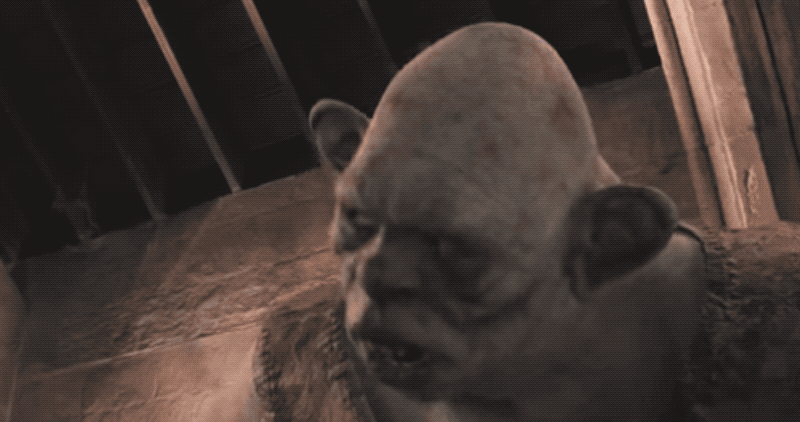
Yes, Harry Potter and the Prisoner of Azkaban was nominated for Best Visual Effects, as was the penultimate instalment, Harry Potter and the Deathly Hallows: Part 1.
But if you think back to the first two movies, things weren’t quite as rosy. Which is a shame because FX is often where movies of this kind get some Oscar love and if it had been brilliant from the start, it’s safe to assume that eight films later, they would have likely got one simply for all the hard work they’d put in.
However, you only need to look at the troll (above) in Harry Potter and the Philosopher’s Stone to see how mediocre CGI can be despite a multi-million dollar budget.
Then there’s Voldemort on the back of Professor Quirrell’s head and Firenze the centaur. Both scenes, suffice to say, don’t really stand up today. Luckily, by the time Dobby came along, things had improved.
The directors weren’t famous enough
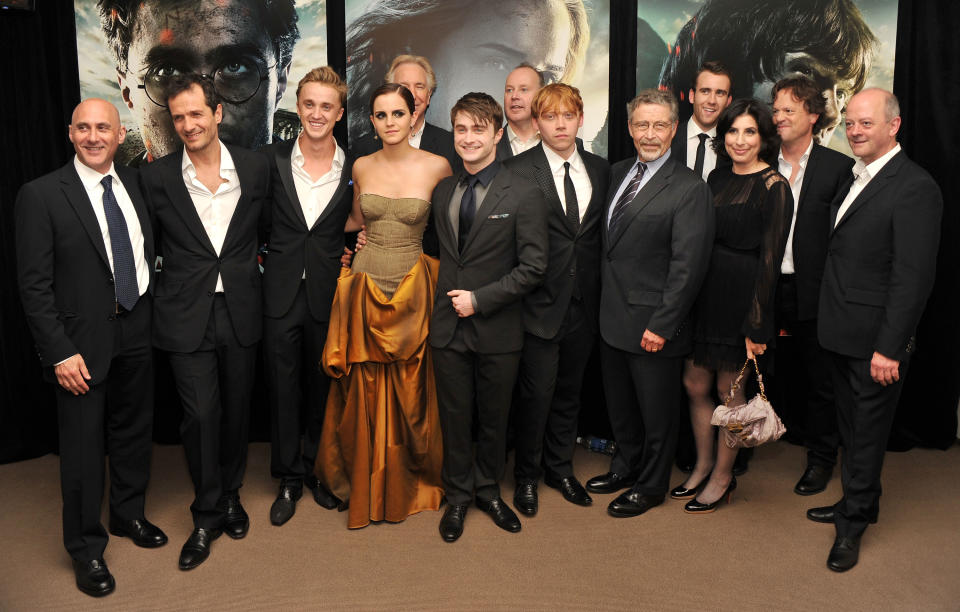
Thought they’d never admit it, Oscar voters love a good selfie with a celebrity, which is why they were probably disappointed when barely-known British TV director David Yates (below) took over the series from number five onwards.
Chris Columbus was recognisable but as a mainstream middle-of-the-road helmer, while Mike Newell (Goblet of Fire) was anonymous and Alfonso Cuarón was a critical darling with the well-received Y Tu Mamá También behind him but was yet to become the Hollywood powerhouse who won the Academy Award for Gravity, and became a major contender this year with Roma.
Read more here: What JK Rowling’s controversy could mean for the Harry Potter franchise (Variety, 13 min read)
Compare that to Spielberg, Peter Jackson and James Cameron – all massively successful but also deemed Oscar-worthy – and it’s unsurprising that Harry Potter is perceived by the Academy as not highbrow enough to merit awards love.
The perfect illustration of this is Hugo, the middling kid’s adventure from critical darling Martin Scorsese that somehow landed 11 Oscar nominations (winning 5). The last Harry Potter film was just as technically accomplished and far more popular, but won nothing.
They’re blockbusters
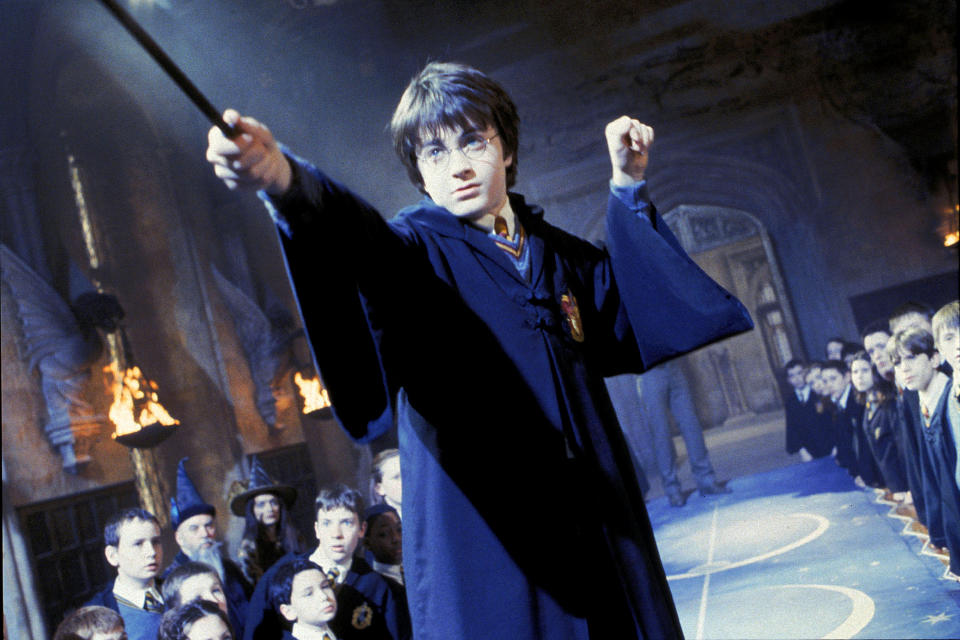
Having earned £58million to date, 2016 Best Picture winner Spotlight is one of the least-successful Oscar victors at the box office in history. 12 Years A Slave, Birdman, The Artist – all Academy Award winners, but hardly worldwide blockbusters.
While it doesn’t please the host broadcaster as it generally means fewer people watching the show (the number of people watching the Oscars telecast is in free fall), Best Picture winners don’t tend to be mega-smashes, which obviously puts the Potter franchise at an immediate disadvantage.
Reads more: Should Harry Potter really be rebooted?
There are obviously exceptions to this, whether it’s Titanic or Avatar. But remember that’s as much to do with a) a brilliant awards campaign and b) a reward for turning what everyone thought would be a massive flop into a gigantic hit and/or advancing the cinematic form and doing something genuinely original (regardless of how good the film itself actually is).
By contrast, the Harry Potter franchise, especially the later films, was just consistently entertaining, technically polished and featuring many brilliant performances. Sustaining that level of quality over 8 movies was surely worthy of an Oscar or two?

 Yahoo Movies
Yahoo Movies 
